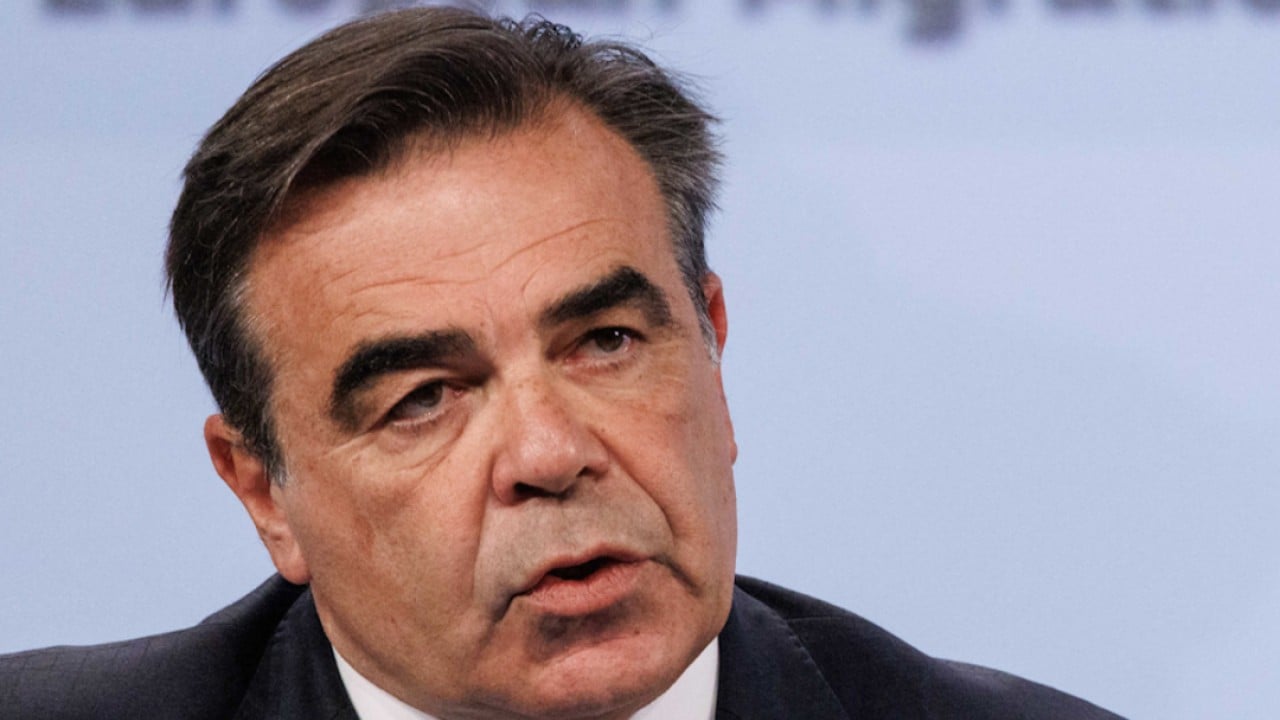Canada accused China of “anticompetitive practices” as it announced it is set to launch a public consultation exploring potential tariffs on Chinese electric vehicles (EVs), similar to that carried out by the US government.
The month-long drive to solicit public opinion, which starts on July 2, will pave the way for policies to protect workers in Canada’s automotive industry and its growing EV businesses from unfair trade practices, the Department of Finance said in a statement. At present, no Chinese brands of electric car are sold in Canada, according to the country’s CTV News.
“Canadian workers and the auto sector are facing an intentional, state-directed policy of overcapacity, undermining the Canadian EV sector’s ability to compete in domestic and global markets,” Chrystia Freeland, deputy prime minister and finance minister, said in the statement.
“This consultation will consider what action we can take to protect our workers, level the playing field, and prevent transshipment or oversupply from China’s anticompetitive practices.”
The exercise launched by Prime Minister Justin Trudeau’s government comes six weeks after the White House announced a quadrupling of tariffs on China-made EVs from 25 per cent as part of an array of measures to penalise US$18 billion of Chinese imports. Lithium batteries, steel, critical minerals, solar cells and semiconductors were also slapped with the higher levies by the Biden administration.
The consultation will also seek feedback on cyber and data security related to protecting Canadians’ privacy and national security interests.
“China’s unfair trade practices include weak standards across EV supply chains, including poor labour standards, a lack of environmental protections, and trade policies supporting oversupply,” the statement added.
The only battery-powered cars that are built in China and exported to Canada are the Model Y vehicles Tesla assembles at its Shanghai Gigafactory that are currently subject to a 6 per cent import tariff.
“The impact on Chinese EV builders appears to be limited,” said David Zhang, general secretary of the International Intelligent Vehicle Engineering Association. “In the long term, trade barriers will not prevent global customers from accessing value-for-money Chinese EVs because those cars can be built at local factories.”
China is now the world’s largest automotive and EV market, with electric cars accounting for 60 per cent of global sales.
On June 12, the European Union (EU), following a nine-month anti-subsidy investigation, decided to levy additional duties ranging from 17.4 per cent to 38.1 per cent on Chinese-made pure-electric cars. They will provisionally come into effect on July 4.
The rates will be on top of the existing 10 per cent tariff that is applied to electric cars made in China. Beijing and Brussels are now holding talks about the EV tariffs.
The final decision will be made in November after consultations between EU members and Chinese EV makers.
Unlike the curbs imposed by the White House, which are of no immediate consequence to Chinese carmakers like BYD because none of their models are sold in the US, the EU’s new levies are likely to inflict some pain as the bloc has long been considered a major destination for the country’s electric cars.
BYD, the world’s bestselling EV producer, will be able to digest the punitive 17.4 per cent tariff banking because of its cost-effectiveness, analysts said.
The company has a sustainable 25 per cent cost advantage over traditional marques in the EU, according to a teardown report published by UBS last September.



.jpg?itok=Qexy_wA0)